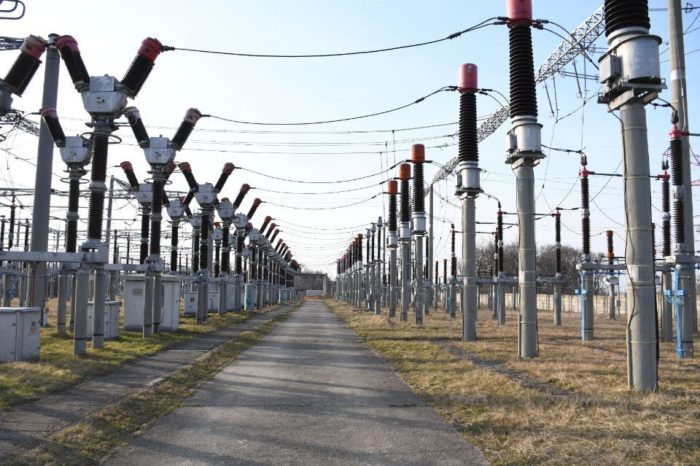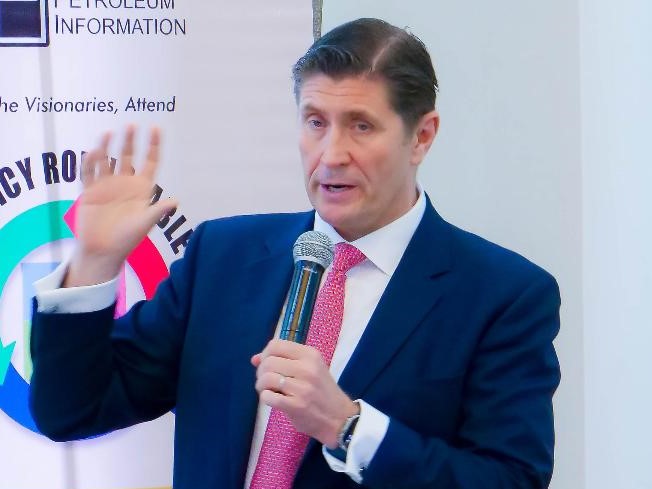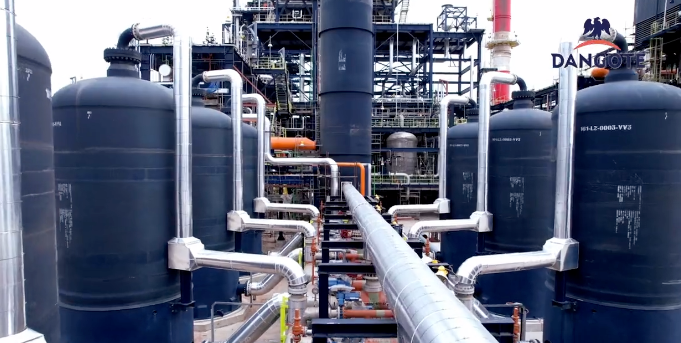Q1,2022 Commercial Performance: 11 DisCos fail to meet allowed ATC&C loss targets, record poor revenue – NERC

Oredola Adeola
The Nigerian Electricity Regulatory Commission(NERC) has revealed that all 11 electricity distribution companies(DisCos) operating in Nigeria failed to meet their allowed Aggregate Technical, Commercial, and Collection (ATC&C) loss targets as specified in the Multi-Year Tariff Order (MYTO) in the first quarter of 2022(Q1,2022)
This was revealed in the Q1, 2022 report, released by NERC, and obtained by EnergyDay at the weekend.
According to the report, the ATC&C loss in 2022/Q1 was 47.88% comprising technical and commercial loss (23.44%) and collection loss (30.66%). The ATC&C loss increased by +0.97 pp compared to 2021/Q4 (46.91%).
EnergyDay’s check showed that the 11 Discos had on average, proposed to reduce their ATC&C losses to 29.9 percent, but have only been able to achieve a 47.88% loss reduction, still reflecting a poor ATC&C level.
By implication, it means that all the 11 DisCos exceeded their efficient loss targets and thereby were not able to earn the revenue requirement upon which their approved tariffs for the period were set.
NERC report revealed that the manner in which the DisCos are consistently incurring these inefficient losses could prevent them from meeting their upstream market obligations, which could have adverse effects on their long-term financial positions.
in terms of billing efficiency, NERC reported that the total energy received by all the DisCos in 2022/Q1 was 7,300.05GWh while the energy billed to the end-use customers was 5,649.21GWh indicating an average billing efficiency of 77.38%.
NERC said, “This billing efficiency is an increment of +1.02 pp from the 76.56% recorded in 2021/Q4.
On collection efficiency by the DisCos, the Commission also said the total revenue collected by all DisCos in 2022/Q1 was ₦199.90 billion out of ₦295.69 billion billed to customers.
This figure according to the report, corresponds to a collection efficiency of 67.36% which represents a 1.98 pp reduction compared to 2021/Q4 where the average collection efficiency was 69.34%.
“In monetary terms, although the billing in 2022/Q1 reduced by ₦7.41 billion (-2.44%), revenue collections reduced at a higher rate – ₦10.98 billion (-5.22%).
NERC however urged the DisCos to employ technologies and operational procedures to increase both their billing and collection performances to forestall long-term financial challenges. It suggested further that the measures could include holistic energy accounting procedures, customer and infrastructure metering ,etc…
On market remittance by the DisCos, NERC disclosed that the combined invoices from Nigerian Bulk Electricity Trading Plc (NBET) (MRO1 adjusted) and Market Operators(MO) to DisCos in 2022/Q1 was ₦205.63 billion split into generation costs, ₦164.86 billion, and transmission and administrative services, ₦40.77 billion.
NERC said, “Out of this amount, the DisCos collectively remitted a total sum of ₦135.69 billion (₦109.96 billion for NBET and ₦25.73 billion for MO) with an outstanding balance of ₦69.94 billion; this corresponds to a remittance performance of 65.99% during the quarter.
“Poor remittance is a direct consequence of the DisCos recording higher than allowed ATC&C performance.
On remittance to NBET, NERC said out of the total invoice of ₦203.13 billion issued by NBET to DisCos for energy generation costs, it was expected to receive ₦164.86 billion under the Minimum Remittance Order(MRO) derived from the allowed tariff; this means that the government is responsible for ₦35.27 billion electricity subsidy to energy consumers.
EnergyDay however gathered that the N35.27bn subsidy on electricity is contrary to the Government’s claim that it has quietly removed the subsidy on electricity tariff.
Mrs. Zainab Ahmed, Minister of Finance, Budgets and National Planning had in March 2022, at a virtual meeting of the International Monetary Fund (IMF) with the theme: “The Political Economy of Fiscal Reforms in Africa” said the Nigerian Government has quietly implemented the subsidy removal in the electricity sector.
She had then claimed that the country does not have subsidies in the electricity sector, insisting that the action was taken over time by carefully adjusting the prices at some levels while holding the lower levels down.
EnergyDay’s check based on the NERC’s Q1,2022, report proved otherwise.
However, NBET received only ₦109.96 billion out of a total ₦135.69 billion remitted by the DisCos during the quarter in view.
NERC further said that the total DisCo remittance performance to NBET was 66.70% of the expected MRO for 2022/Q1 compared to 68.34% (₦109.45 billion remitted against an MRT adjusted invoice of ₦160.13 billion) in 2021/Q4.
Speaking on the remittance to Market Operations (MO), the Q1,2022 report showed that the total invoice from MO to DisCos in 2022/Q1 for which a 100% remittance is expected was ₦40.77 billion.
However, only ₦25.73 billion was received across all the DisCos, meaning that the remittance performance to MO for the quarter was 63.12%. This represents a 15.47 pp decrease compared to 78.59% (₦39.75 billion remitted against an invoice of ₦50.58 billion) recorded in 2021/Q4.
On the remittance by special and international customers during Q1, 2022, NERC said, no remittance was made by Ajaokuta Steel Company for invoices of ₦391.65 million and ₦69.45 million issued to it by NBET and MO respectively.
During the same period, bilateral customers; Paras-SBEE, Transcorp-SBEE, and Mainstream-NIGERLEC received invoices of $2.72 million, $2.74 million, and $4.61 million from MO, and each remitted $2.72 million (100%), $2.74million (100%), and $4.52 million (98%) respectively.
The report also showed that Odukpani-CEET received an invoice of $3.42 million from MO during the period, adding that no payment was made by this customer.
NERC however cautioned that the non-settlement of market obligations by this category of market participants should push MO and NBET to activate relevant safeguards for remittance shortfalls.







